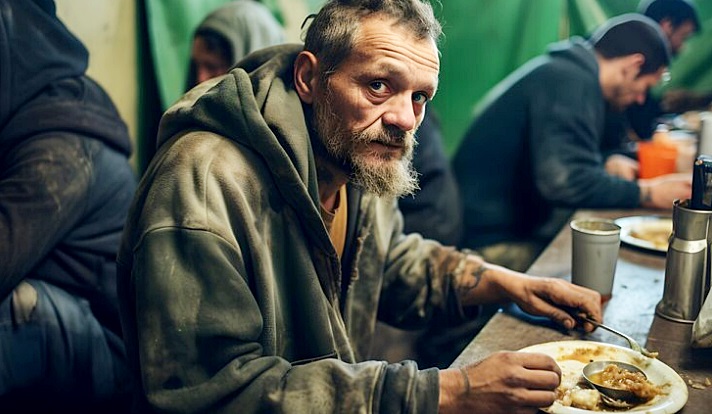1480

Experts have identified extreme weather as a major challenge for food supply in Europe in an assessment of EU food security published by the European Commission, reports Euractiv, citing a report from the European Commission.
The report is based on the perspectives of a group of experts including representatives from EU member states, regions, and various stakeholder groups in the EU food chain.
The conclusions of the previous survey, conducted in the second half of 2023, highlighted extreme weather events, import dependencies, transport blockages, market volatility, and high input costs as major concerns regarding food security. This latest assessment shows that similar concerns have persisted in 2024.
However, this time, respondents working for the national public administrations of EU countries shared stronger concerns regarding extreme weather events, high input costs, and commodity prices.
Industry stakeholders, in turn, emphasized the overall risk presented by unfavorable weather for food production and highlighted the challenges associated with transportation, especially when drought affects the ability to use inland waterways due to low water levels.
Despite historic price peaks in 2022 and 2023, prices for certain food products have started to decline, impacting farmers' profit margins as they face high input costs.
The group of experts noted that this trend could lead farmers to choose more profitable crops, reducing overall agricultural production potential or even causing some to exit the sector.
"All these factors, along with a still long period until harvest, with possible negative weather developments, could have an impact on food supply in 2024," the assessment states.
At the same time, the report highlights the stabilization of food inflation below 5% at the beginning of 2024 and indicates a slight decrease in retail food prices.
It also notes that these price reductions have not yet translated into relief for consumers, especially those in low-income groups.
The report emphasizes that during the peak inflation period in 2022, 8.3% of EU citizens could not afford a meal with meat, poultry, fish, or a vegetarian alternative once every two days. For households at risk of poverty, this percentage rises to 20%.





